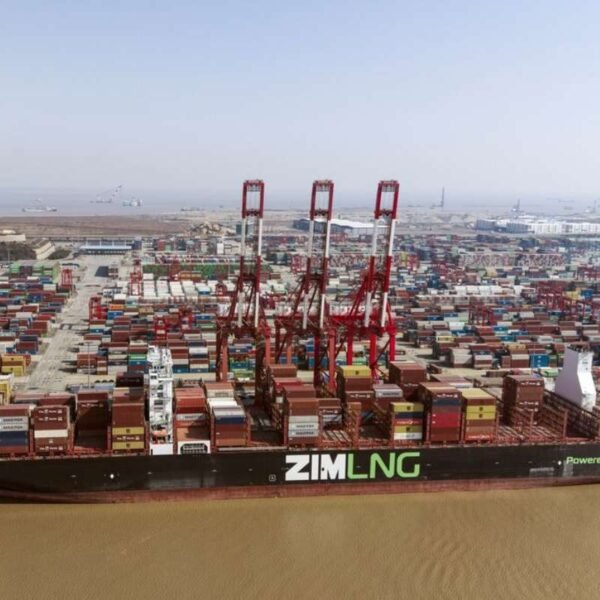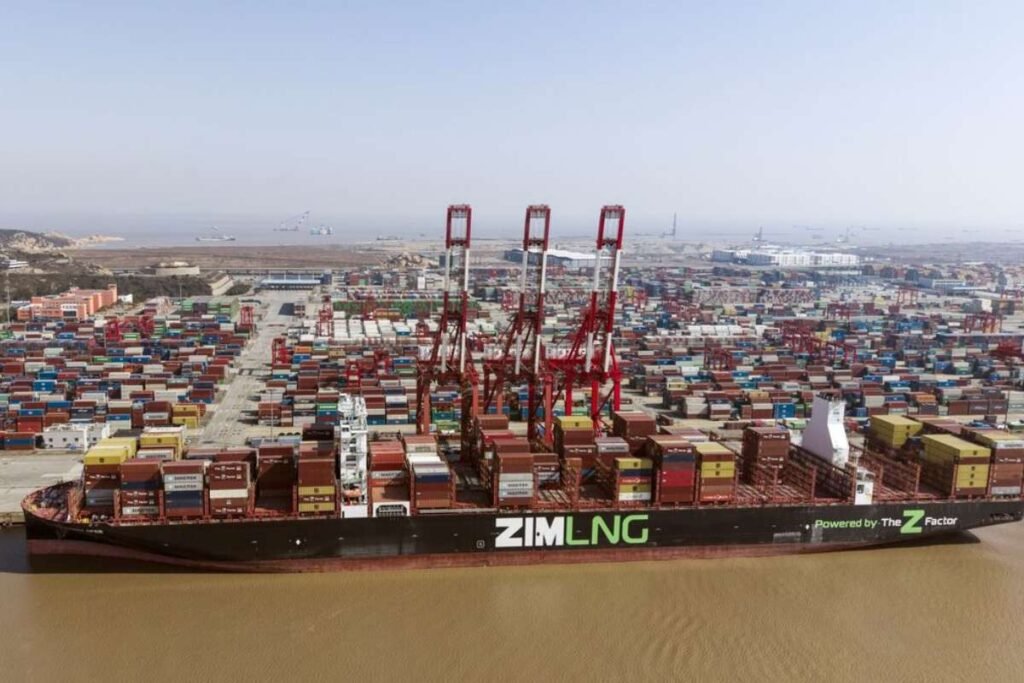China Evergrande Group, once the country’s largest property developer and valued at over $50 billion, has been officially delisted from the Hong Kong Stock Exchange, marking a dramatic end to its years-long financial crisis.
The company’s removal from the market closes the chapter on one of the most striking corporate collapses in modern history. Evergrande’s downfall serves as a cautionary tale of overleveraged growth, weak financial controls, and the ripple effects of a real estate slump on broader economic stability.
Rise and Fall of a Real Estate Titan
Founded in 1996, Evergrande rapidly became a symbol of China’s meteoric urban development. At its peak, the company managed more than 1,300 real estate projects across 280 Chinese cities. Its operations spanned far beyond housing, with stakes in electric vehicles and ownership of Guangzhou FC, once China’s most successful soccer club.
The company’s founder, Hui Ka Yan, embodied its rise. In 2017, he was Asia’s wealthiest person, with an estimated fortune of $45 billion. By contrast, today, his net worth has fallen below $1 billion, reflecting both Evergrande’s collapse and the broader turmoil in China’s property market.
Evergrande’s empire was built on more than $300 billion in debt, making it the world’s most indebted property developer. When regulators introduced tighter rules in 2020 to curb excessive borrowing, Evergrande’s fragile financial structure unraveled. The firm began offering deep discounts on properties to generate cash, but this was not enough to meet debt obligations. Defaults followed, ultimately leading to a winding-up order from Hong Kong’s High Court in January 2024.
Impact on China’s Economy—and Global Relevance
The delisting of Evergrande is not just the end of a company but a reflection of the deep challenges in China’s property market, which historically contributed nearly one-third of the nation’s economic activity. The sector’s downturn has led to mass layoffs, pay cuts, and a significant hit to household wealth. With housing prices falling by at least 30% in some cities, many Chinese families—who traditionally invest heavily in property—are seeing their savings shrink.
For U.S. businesses and investors, Evergrande’s collapse highlights two critical lessons. First, China’s property sector is no longer the growth engine it once was, creating headwinds for industries that depend on Chinese demand, from construction materials to luxury goods. Second, the risks of overleveraged real estate markets are not confined to China. While the structure of the U.S. housing market differs significantly, Evergrande’s downfall underscores the dangers of excessive reliance on debt-fueled expansion.
Global financial markets have also taken notice. Evergrande’s failure erased more than 99% of its stock market value and left creditors scrambling to recover a fraction of what they are owed. U.S. investors with exposure to Chinese real estate bonds have suffered losses, and questions remain about the ability of other Chinese developers, such as Country Garden, to avoid similar fates.
What Comes Next
Liquidators now face the daunting task of selling Evergrande’s remaining assets, though progress has been slow. As of early 2025, only $255 million worth of assets had been sold, compared to roughly $45 billion in outstanding debt. Analysts believe creditors may only recover a small percentage of their claims.
The broader Chinese property market remains under stress. Several developers are still battling debt restructuring, and major firms continue to face the threat of liquidation. Financial analysts predict that real estate prices in China may not stabilize until at least 2027.
For U.S. companies with ties to Chinese construction, steel, cement, or consumer markets, this prolonged downturn represents a potential drag on demand. Meanwhile, global investors are shifting focus to other areas of China’s economy, such as technology and renewable energy, as the country transitions away from real estate as its primary growth driver.
Conclusion
Evergrande’s delisting is more than a corporate failure—it is a landmark event signaling the decline of China’s property-driven growth model. It offers a reminder of how interconnected global markets are, and how the collapse of a single company can reshape entire industries, economies, and investment strategies
Visit Enterprise Wired for the most recent information.
Sources: https://www.nytimes.com/2025/08/25/business/china-property-downturn.html










